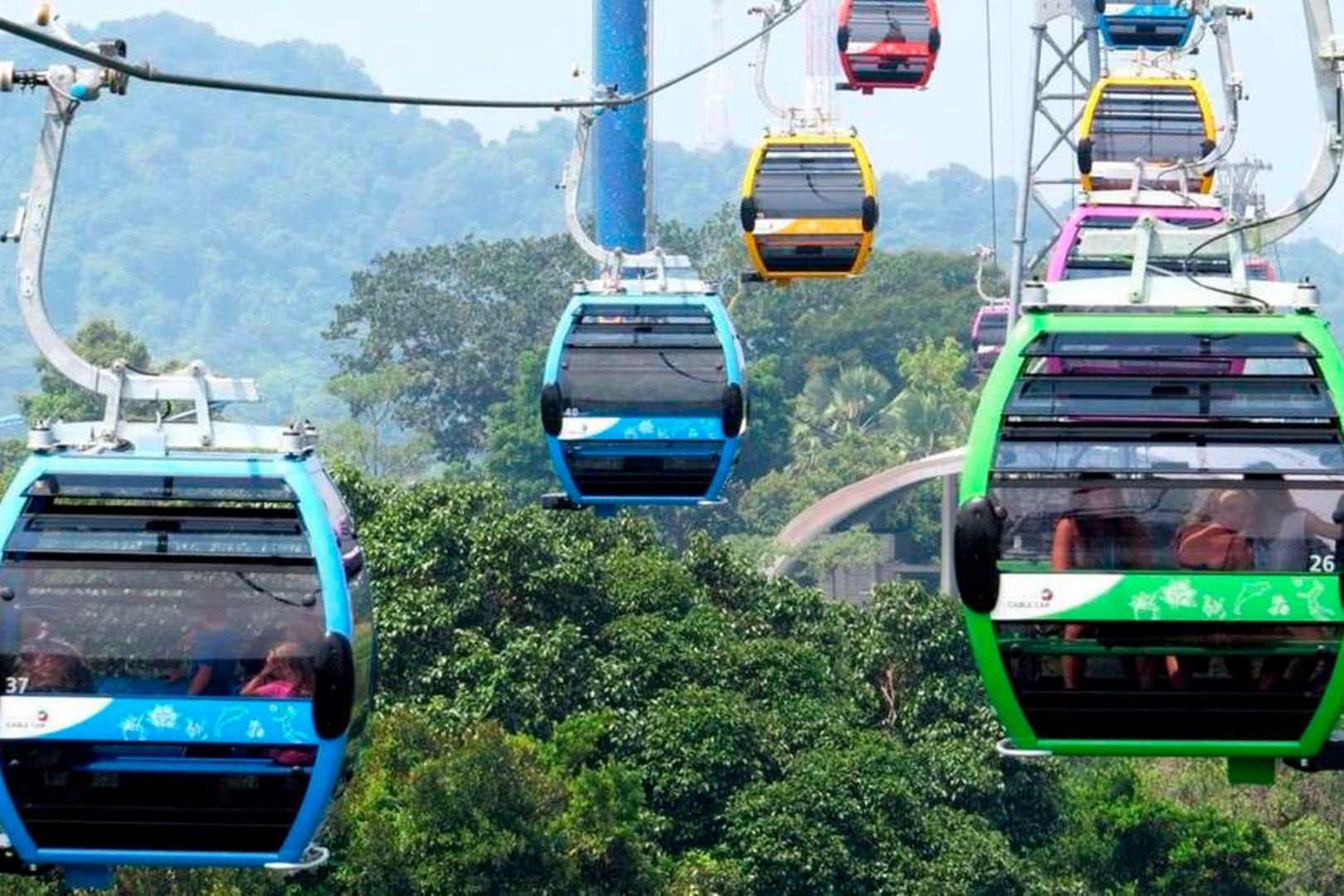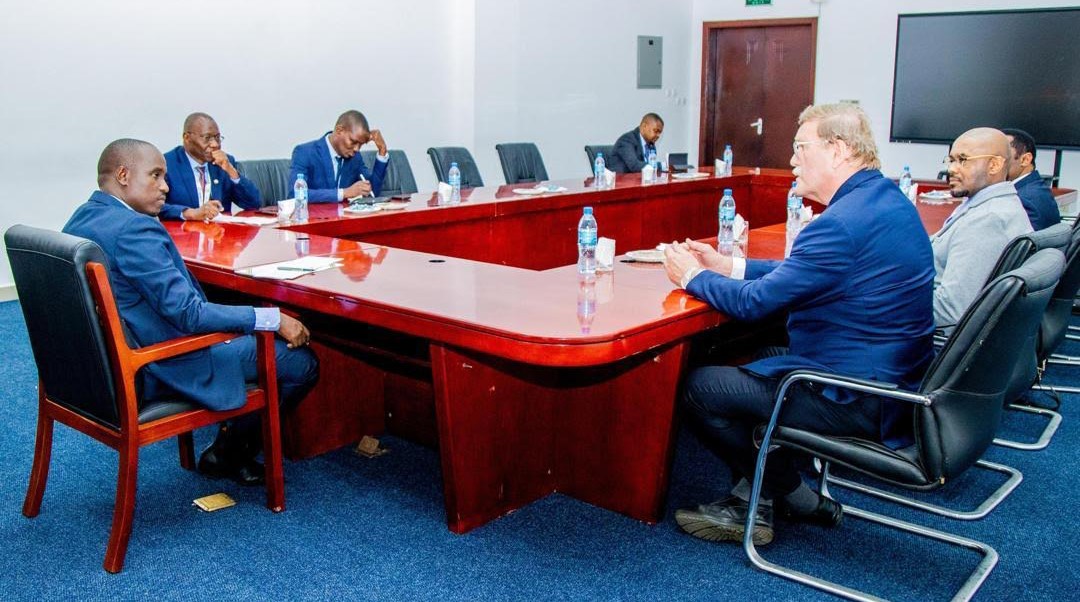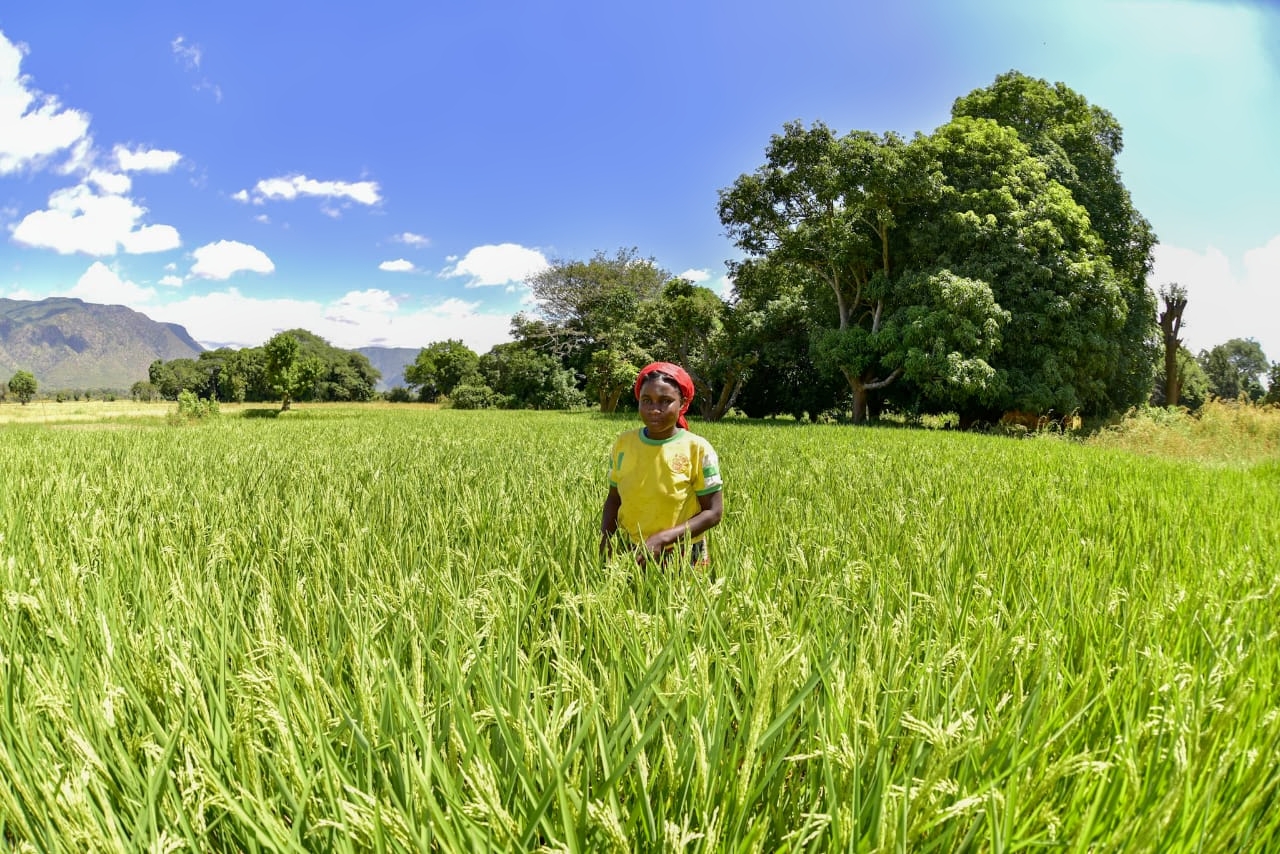Prime
Foreign, local investors eye Tanzania’s cable transport system

What you need to know:
- At least five companies from France and Egypt and a number of local investors, have expressed interest in investing in Tanzania’s cable transport sector
Dar es Salaam. At least five companies from France and Egypt and a number of local investors, have expressed interest in investing in Tanzania’s cable transport sector.
This development comes as the Land Transport Regulatory Authority (Latra) is finalising the Cable Transport Regulations, 2024 at the government level.
Other proposed regulations currently under consideration include the Latra (Licensing of Railway Operators) Regulations 2024 and the Transport Licensing (Exclusive Public Transport License) Regulation 2024.
Latra head of Communications Department Salum Pazzy told The Citizen on Sunday that two companies from France and one from Egypt have already submitted proposals and are awaiting regulatory approval.
Cable transport involves transporting people in motor-less, engine-less vehicles that are propelled by a steel cable, commonly known as ropeway.
Cable transport is a broad class of transport modes that have cables. They transport passengers and goods, often in vehicles called cable cars. The cable may be driven or passive, and items may be moved by pulling, sliding, sailing, or by drives within the object being moved on cableways.
In June 2023 the then Works and Transport minister, Prof Makame Mbarawa (who is now the Transport minister), directed Latra to perform their duties to attract investors in cable transport.
As such, Latra said in August 2023 that it was studying the possibility of introducing cable transport in at least six regions of Mbeya, Iringa, Tanga, Morogoro, Arusha and Kilimanjaro as having a great opportunity to introduce cable transport.
Mr Pazzy said potential investors expected a regulatory framework to be in place as soon as possible since cable transport is seen as a significant investment opportunity with the potential for large-scale development.
“This growing interest underscores the potential of cable transport as a transformative solution to address transportation challenges, improve connectivity, and promote economic growth,” he said.
In addition to foreign investors, some local companies have also shown strong interest in the sector.
Mr Pazzy revealed that Latra has already granted provisional or temporary licenses to some local firms for the construction of zip line infrastructure.
Once construction is completed, operating licences will be issued. Basically, zip lining is an action-filled recreational activity that involves riding a steel cable on a protective seat or a belt between two points and generally on a valley that exhibits spectacular sceneries.
While Mr Pazzy did not name specific companies, he mentioned that some are already operating zip lines in Meru.
He added that once the cable transport regulations are finalised, investors will carefully review them before making their final investment decisions.
However, he noted that the process would not end there. Other potential investors are waiting for confirmation from initial investors before proceeding with their collaborations and investments.
“Some of the companies involved will focus on constructing cable transport infrastructure, and once these construction companies are on board, operators will follow suit and make their investments,” Mr Pazzy said.
The forthcoming regulations are expected to establish a clear framework, creating a favourable environment for investment and the sustainable development of this innovative transport mode. These regulations are eagerly awaited by various stakeholders who have already expressed a keen interest in the sector, which has been further propelled by increased awareness generated by the Royal Tour documentary—an effort that has significantly boosted Tanzania’s tourism sector.
Mr Pazzy noted that the tourism industry, in particular, has proven highly attractive to investors, with many seeing cable transport as a valuable addition to the sector.
“The regulations will not take long to finalise due to the high level of investment interest, and the government is working to ensure the environment is favourable for investors. The ministry is actively pushing for the implementation of the cable transport regulations, which are expected to be ready within a couple of months.”
He encouraged local investors to get involved in this new sector, which holds immense potential for economic growth within the tourism industry.
“We urge them to participate so that the sector becomes competitive on the international stage and helps showcase Tanzania’s strengths,” Mr Pazzy said.
Latra is ready to offer guidance and support to those encountering challenges.
“The tourism sector spans various sectors and ministries, so we maintain strong communication with other relevant bodies. If any issues arise, you can consult us and we will get in touch with the relevant ministry.”




